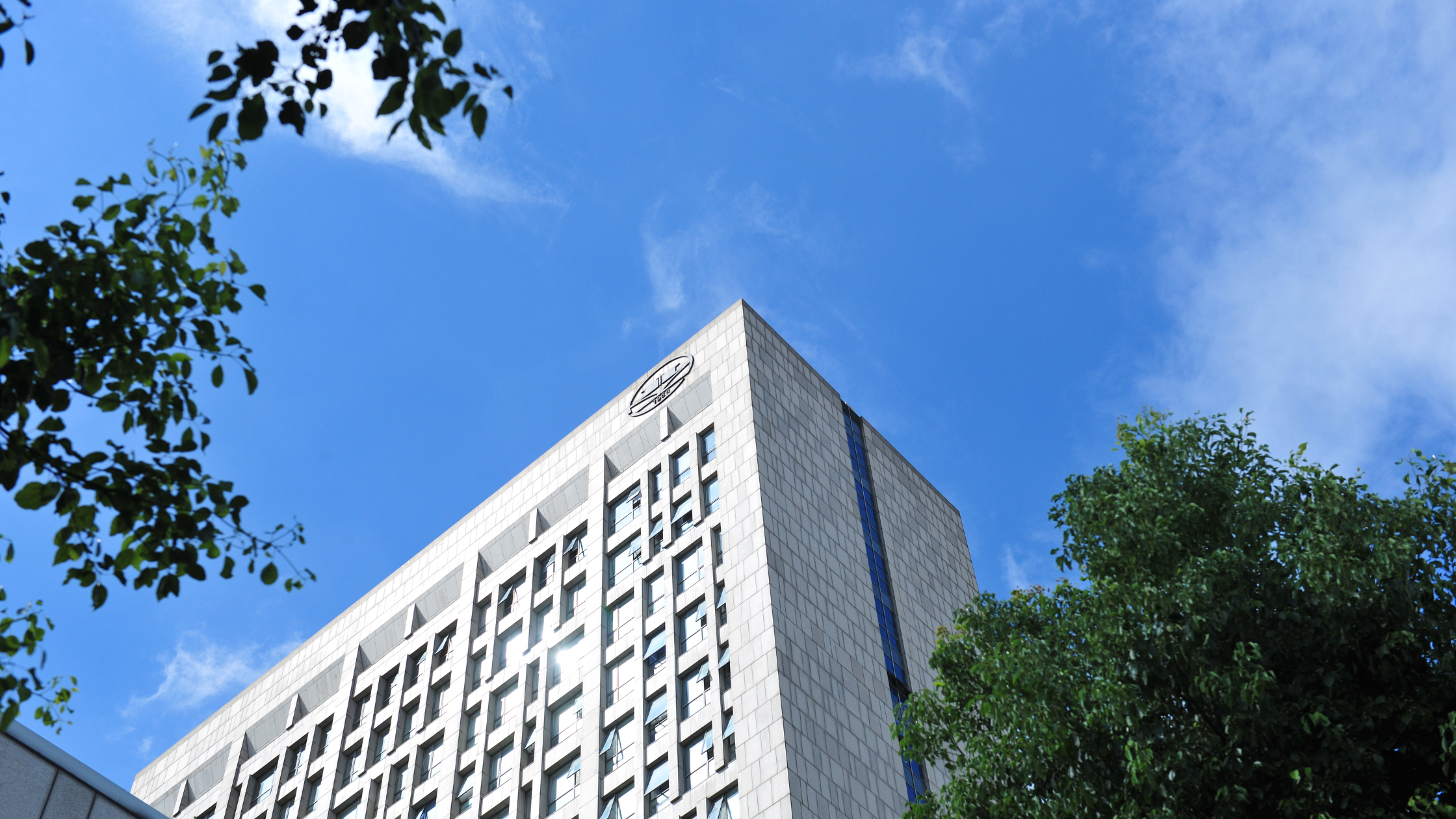After Singtel H1 FY2023 Earnings, Are Shares Worth Buying?
November 11, 2022

Southeast Asia’s largest telecommunications company, Singapore Telecommunications Limited (SGX: Z74), also known as Singtel, reported its earnings for its H1 FY2023
The numbers missed expectations. Underlying net profit for SingTel was up 2.3% to S$1.02 billion in H1 FY2023 while operating revenue was down by 5.1%.

Source: SingTel’s H1 FY2023 Financial Results
The company which is currently undergoing a strategic reset through its asset recycling initiatives, reported an increase of 23% in its net profit to S$1.17 billion.
This was mainly due to the exceptional gain of S$1.01 billion from the partial divestment of its stake in Bharti Airtel.
Following the divestments, SingTel’s effective stake in Airtel is 29.6%, down from 31.4%.
So for Singapore’s dividend investors, here are some of the key highlights from Singtel’s latest earnings and whether Singtel stock is worth buying now.
1. Optus sees improvement despite absence of NBN migration revenue
Optus is Singtel’s operations in Australia. During H1 FY2023, operating revenue was up 1.0% as growth across its mobile and fixed businesses offset the absence of NBN migration revenue.
In H1 FY2023, NBN migration revenue was at A$51 million. Operating expenses were stable on strong cost management.
However, a provision of A$140 million has been made and recorded as an exceptional expense following a cyber attack on Optus in September this year.
2. Singtel’s Consumer business lifted by higher roaming revenue
Mobile service revenue for Singtel’s Singapore Consumer division was up a strong 9.8%, lifted by higher roaming revenue from continued travel recovery as well as increased 5G adoption.
Fixed broadband revenue rose 3.5% from the rise in demand for higher-speed fibre plans and increase in Wi-Fi mesh equipment sales.
These helped to offset lower equipment sales and pay TV revenues following the cessation of Premier League coverage.
Margins, however, improved on the back of content cost savings and muted churn.
3. Group Enterprise’s operating revenue edged higher
Group Enterprise’s operating revenue rose 1.6% year-on-year, with robust growth in ICT and mobile service revenues, although this was partly offset by lower voice and Data and Internet revenues.
ICT revenue was up, mainly lifted by the pass-through of utility charges to data centre customers and higher demand for cyber security services.
Mobile service revenue grew a strong 14%, boosted by higher roaming revenue from the easing of travel restrictions.
Earnings before interest, tax, depreciation and amortization (EBITDA) was stable as operating expenses were well-managed.
4. NCS reported strong revenue growth but EBITDA dipped
NCS is the business involved in the end-to-end technology services to clients with its NEXT capabilities in digital, cloud and platforms, as well as core offerings in applications, infrastructure, engineering and cyber.
Operating revenue for NCS up 20.4%, amid broad-based growth across key lines of business as well as contributions from its newly-acquired subsidiary.
EBITDA, however, fell by 26% on higher operating expenses mainly due to post-acquisition charges for its new Australian subsidiaries as well as higher staff costs from investments in digital capabilities to support business growth.
5. Airtel is the key driver for associate earnings growth
Associate contributions jumped by 8.0% year-on-year (in S$ terms) in the H1 FY2023.
Airtel’s contribution more than tripled to S$172 million on the back of continued subscriber growth, as well as increased average revenue per user (ARPU) and EBITDA margin improvements.
This was partly offset by lower earnings at Telkomsel (TSEL; -4% yoy to S$350m) and AIS (-14% yoy to S$113m), as well as wider GXS losses (-170% yoy to -S$27m).
6. Singtel balance sheet well positioned for macro challenges

Source: SingTel’s H1 FY2023 Financial Results
With the S$2.5 billion raised by Singtel, by divesting its direct stake in Airtel, the telco has recycled some S$6 billion in the past 18 months to proactively monetise its assets to achieve better capital efficiency.
The Group has also reduced its net debt by nearly a third from a year ago to withstand the macroeconomic challenges ahead.
With 93% of the total debt on fixed interest rates, Singtel will also be able to mitigate the impact of the rising interest rate environment.
7. Singtel special dividend is a bonus

Source: SingTel’s H1 FY2023 Financial Results
Singtel declared a H1 FY23F dividend per share (DPS) of 4.6 Singapore cents (76% payout) and a surprise special DPS of 5.0 Singapore cents – to be paid out in two tranches.
The special dividend is a bonus that helps to cushion the missed earnings expectations.
Singtel making progress in high growth areas
It is still too early to call it, but Singtel is making progress into high growth business areas.
The shift to focus on its 5G offerings, regional data centres and digital bank offering are starting to gain momentum.
But Singtel will still need to rely on the asset monetisation exercise to reallocate its capital into these high growth business areas.
It is also uncertain if these high growth businesses can produce meaningful revenue streams and sustain Singtel’s profitability in the near term.
The Group has improved its balance sheet to face the macroeconomic challenges ahead and management remains confident of its strategic reset.
However, with the potential global recession on the horizon, Singtel might not be the best fit for investors’ portfolios in the Singapore market.
Disclaimer: ProsperUs Investment Coach Billy Toh doesn’t own shares of any companies mentioned.

Billy Toh
Billy is deeply committed to making investment accessible and understandable to everyone, a principle that drives his engagement with the capital markets and his long-term investment strategies. He is currently the Head of Content & Investment Lead for Prosperus and a SGX Academy Trainer. His extensive experience spans roles as an economist at RHB Investment Bank, focusing on the Thailand and Philippines markets, and as a financial journalist at The Edge Malaysia. Additionally, his background includes valuable time spent in an asset management firm. Outside of finance, Billy enjoys meaningful conversations over coffee, keeps fit as a fitness enthusiast, and has a keen interest in technology.







